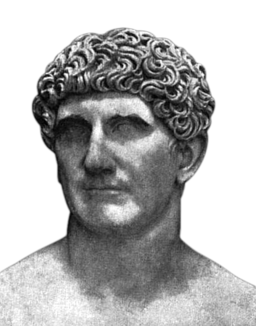Events Archive
Colloquium
People, politics and res publica: strategy and ideology in Republican Rome, University College London, 11-13 April 2014
How did politics in the Roman Republic actually work? This colloquium, part of the European Research Council-funded project 'The Fragments of the Republican Roman Orators' based at the University of Glasgow, seeks to explore this question.
Themes to discuss include factionalism and networking, political careers, ideology, bureaucracy, speakers and audience, and the relationship between mass and elite. Lobbying and networking were inescapable elements of the political landscape, but how are we to understand the nature and impact of personal alliances in Roman Republican politics? How exactly did politicians manage their public careers, explain successes and failures, and negotiate the unpredictable elements in a highly competitive political environment? What was involved in claiming to be popularis, or in having that label imposed by others? Writing speeches for others may not have been widespread, but can we detect a bureaucracy of clerks, researchers, and coaches behind the polished public facades and eloquent speeches presented by Roman politicians? What were the factors which influenced audience responses to Roman politicians, whether speaking or silent, and in what ways did discrete events form individual careers, programmes of action and recognisable political groupings?
Keynote speakers are Anna Clark, Claudia Tiersch, and Alexander Yakobson.
See the documents below for further information:
- Colloquium Timetable (PDF 56KB)
To download any of the above documents right click on the link and select 'Save link as ...'
A further planned research meeting under the auspices of FRRO will take place in Glasgow (April/May 2016).




